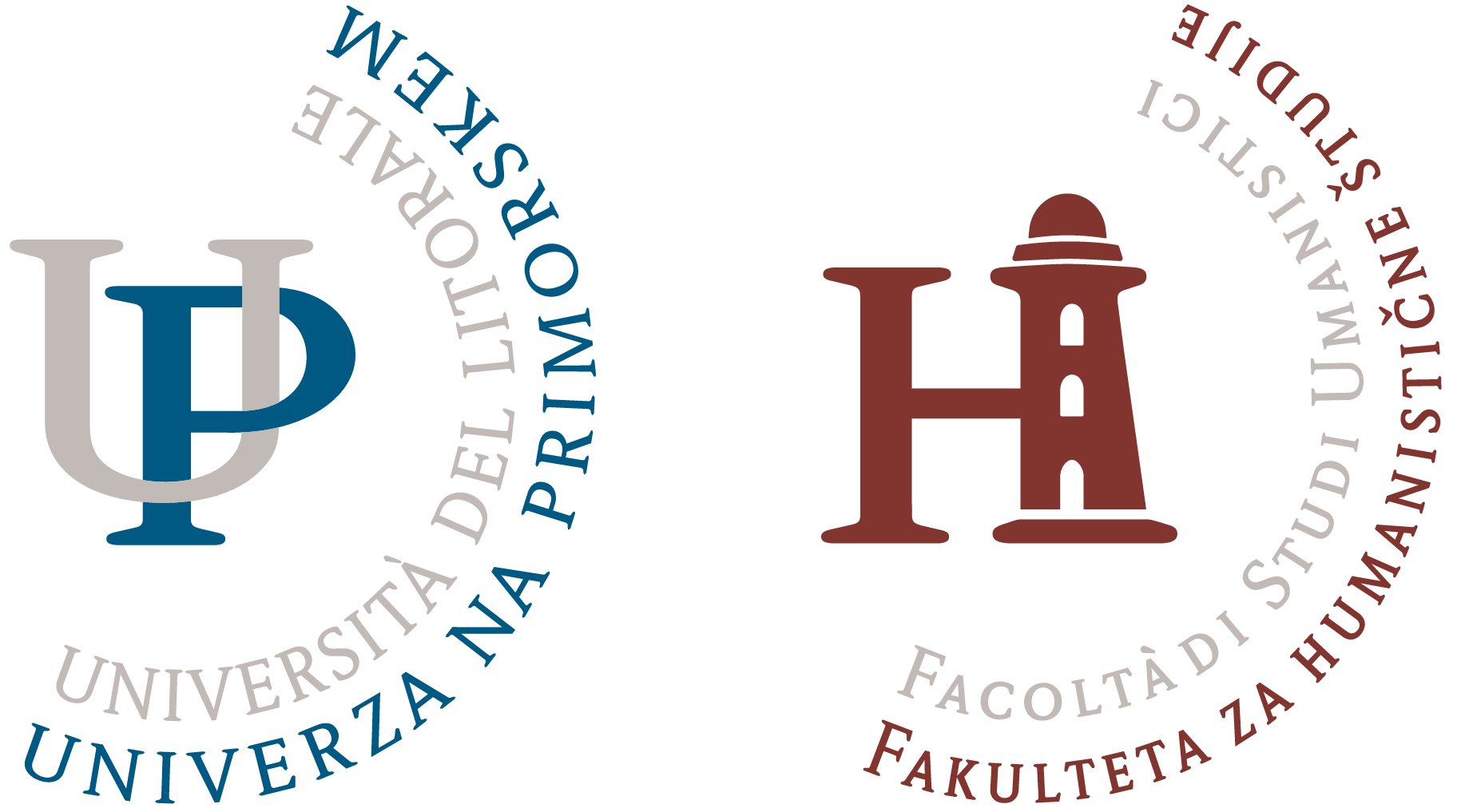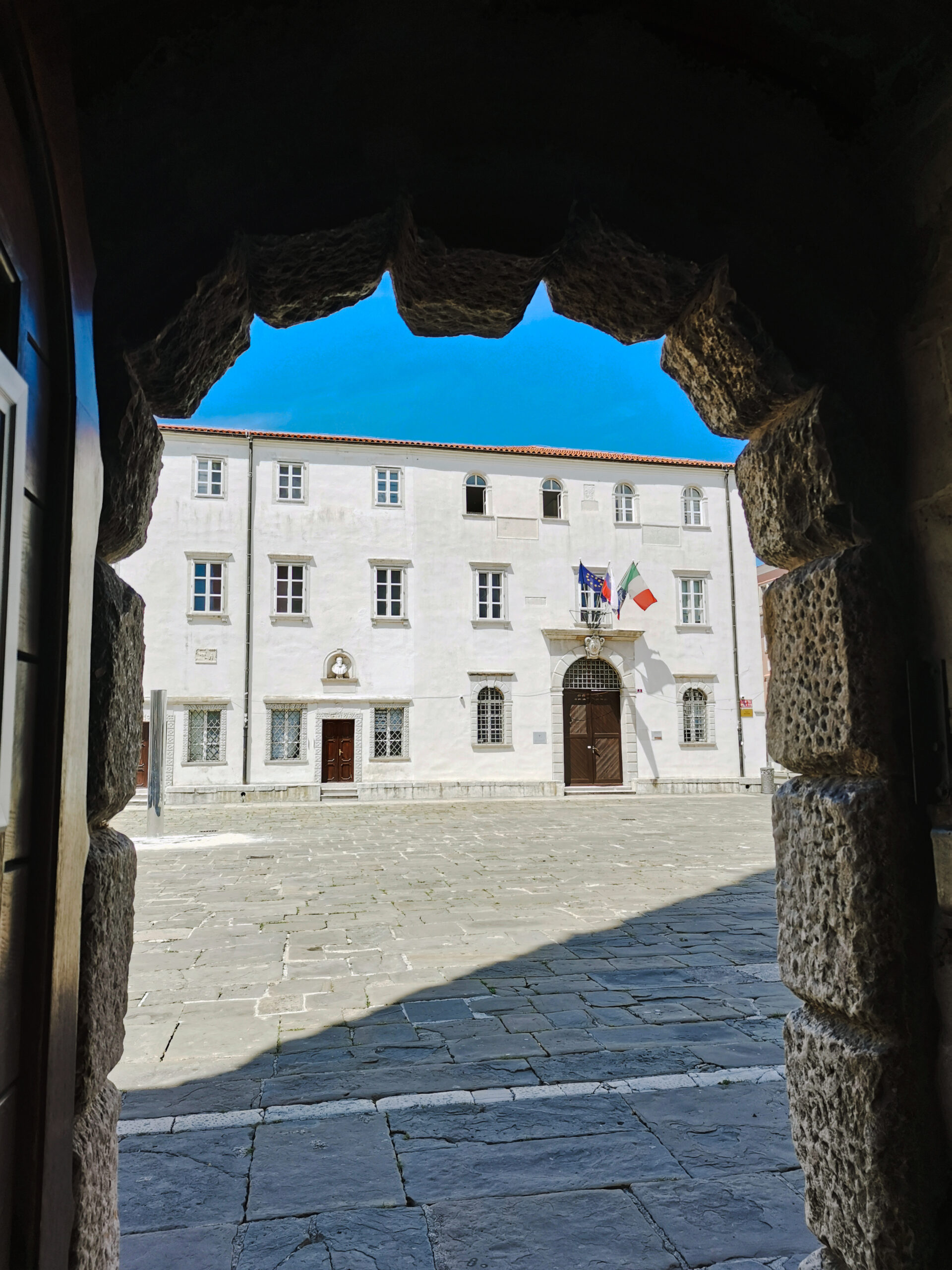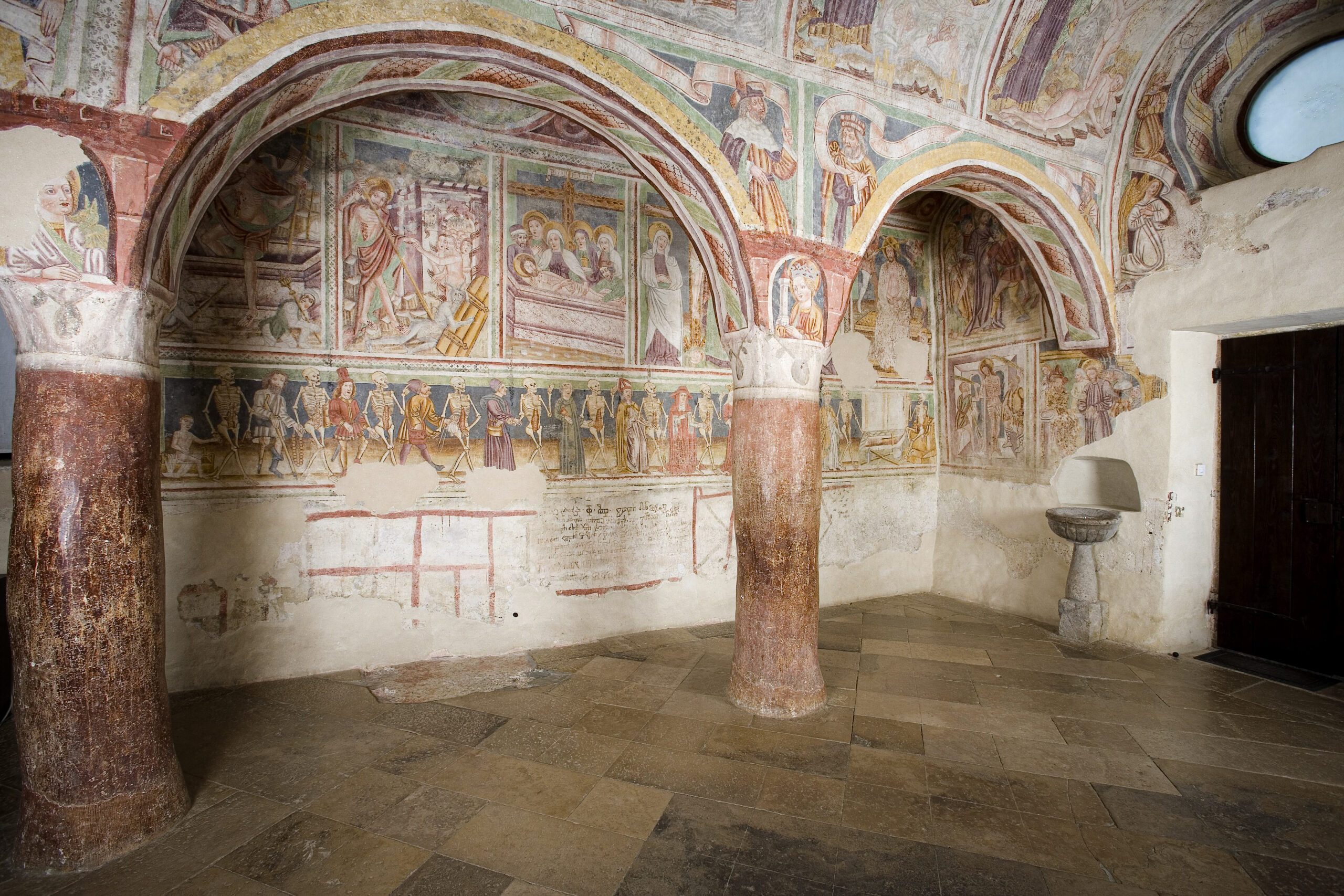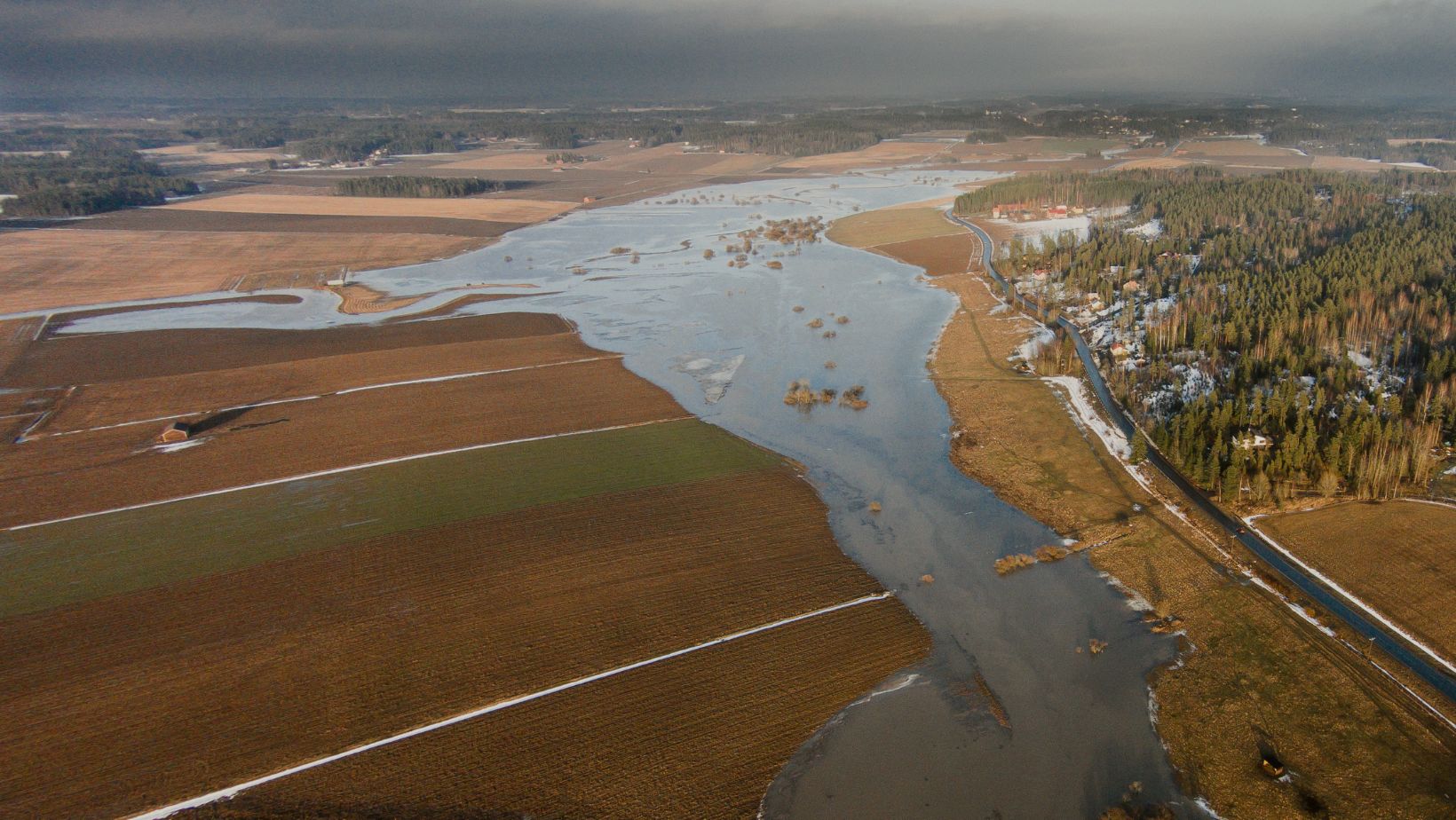Geography
Doctoral Study Programme
Presentation
The main purpose of the doctoral study program Geography is to provide theoretical and methodological knowledge in the field of geography, as well as to develop competences that provide qualifications for independent research work and the creation of new fundamental (theoretical and methodological) knowledge, new contributions to science and the ability to use these competences on the domestic and international level.
The specific objectives of the study program are:
- to provide doctoral students with an in-depth understanding of theoretical and methodological concepts of geography as a complex science that encounters various fields of natural and social sciences;
- to provide doctoral students with the competences that will enable them to independently develop new basic and applied geographical knowledge using modern methods, for example Geographic information system (GIS);
- to provide doctoral students with the knowledge that enables solving concrete spatial problems in the (geographical) environment at the local, regional, national and international level by improving the existing approaches, as well as developing and discovering new solutions;
- to provide doctoral students with the knowledge that enables management and harmonization of complex systems in the field of various human activities, as well as management and coordination of theoretical and applied research projects in the field of geographical sciences;
- to qualify doctoral students as widely-trained researchers or professionals, competent to carry out interdisciplinary research projects and implement complex professional tasks.
Programme information
Curriculum
Title and Level of Qualification
Ph. D. in Geography
Type and Duration
Doctoral, third cycle, part-time study
Duration: 3 Years / 180 ECTS
Classification (KLASIUS-P-16)
0314 sociology and culture studies
Admission Requirements
Admission to the first year of study shall be granted to the candidates who have completed:
a) a master’s (second cycle) study programme;
b) an undergraduate academic study programme, adopted before 11 June 2004 (pre-reform study programme);
c) a specialisation study programme after having graduated from a study programme, adopted before 11 June 2004 (pre-reform study programme), if a candidate has completed all the study obligations relevant for further study prior to enrolment. Study obligations in the amount from 30 ECTS to 60 ECTS credit points are determined by the competent Faculty Commission, based on the individual application, taking into account the field of previous study. Additional examinations must be completed prior to entry into the programme or during the previous study;
d) an unified master’s study programme, if the study programme carried 300 ECTS credit points and lasted 5 years;
e) a comparable education abroad and have been, in the process of recognition of their qualification and in accordance with Assessment and Recognition of Education Act, legally granted the right to continue their studies in the study programme.
In Case of Enrolment Limitation
the candidates are selected according to:
- the average grade on all previous exams (50 %) and
- grade reached on the oral exam (interview) before an expert Commission (50 %). Elective courses can be supplemented up to the extent of 30 % by scientific and research achievements supplied in the candidate’s applications.
Additional Documents required for the Admission Procedure
Along with the application candidate shall also enclose:
1) short research proposal for the doctoral study and
2) basic personal data of the candidate.
The research proposal (7,000-15,000 characters with spaces, bibliography is not part of the sum of characters) must be structured in sets and includes:
1) title page with the name and surname of the candidate, the proposed title of the research topic in the dissertation (if possible at this stage), and the name and surname and academic title of the most suitable mentor in doctoral studies (if possible at this stage),
2) indication and short description of the research topic (definition) (definition of the theoretical starting points of the research, definition of the research question (problem) and research objectives),
3) intended methods of work,
4) expected results and original contribution to science and
5) indication of basic literature and sources.
Basic information about the candidate must contain:
1) short curriculum vitae (up to 2,500 characters with spaces, possibly in indents and
2) bibliography of the candidate (if any).
Expert Commission reviews the candidate’s application. The Commission invites the candidate to an interview before enrolment and the most suitable mentor for the intended field of research is determined. The interview is also an opportunity to reshape the research field in order to provide appropriate mentoring. If the candidate’s research plans are incompatible with the research contents of the Department of Anthropology of the Faculty, the candidate is advised not to enrol. It is necessary to obtain the consent of the expert Commission and the mentor prior to enrolment.
Number of available Places
Slovenian citizens and other citizens of Member States of the European Union: 5
Slovenians without Slovenian citizenship and foreign citizens of non-European Union countries: 2
The undergraduate and postgraduate studies in Geography at the Faculty of Humanities gave me the freedom to design my studies according to my wishes and get the most out of it I could. A wide range of elective courses broadened my horizon, but at the same time it also gave me an insight into how diverse geography can be as a discipline, as I was able to intertwine my knowledge with other disciplines at the faculty. Theoretical knowledge has always been supported by practical cabinet and field exercises, which, in addition to the professional side, took care of getting to know and establishing new contacts. The accessibility and openness of professors also had an extremely strong influence on the decision to choose a career and continue their studies at postgraduate level.
Doctoral degree study programmes








